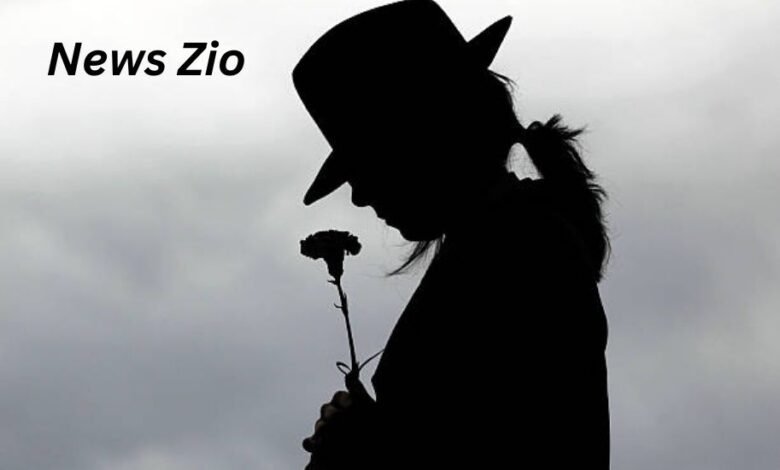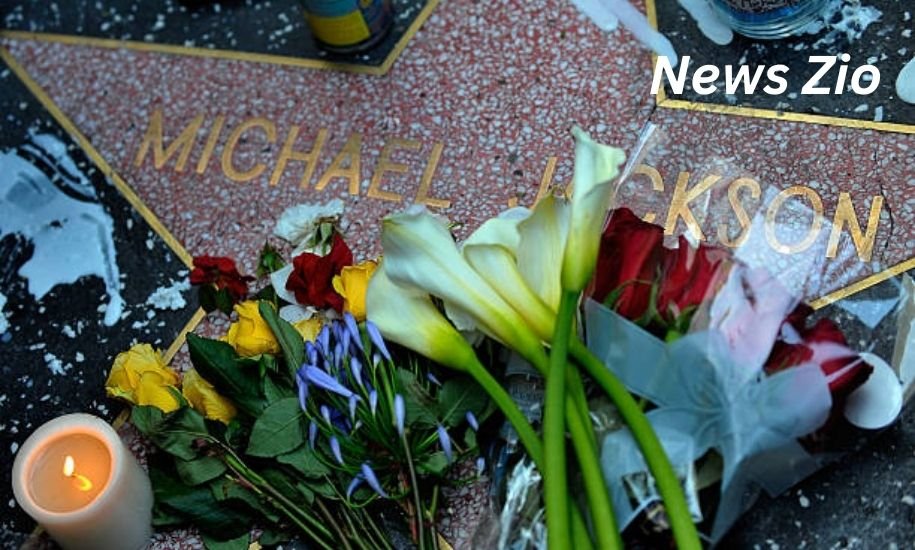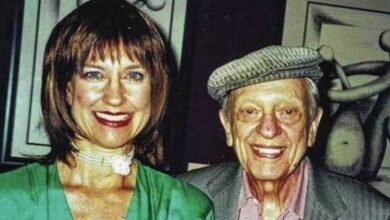Michael Jackson Death: Last Words and Struggles

The shocking news of Michael Jackson death on June 25, 2009, stunned the entire world. Known as the “King of Pop,” Jackson was more than just a performer; he was a global icon whose music, dance, and artistry transformed the entertainment industry. His sudden passing raised countless questions about what truly happened in his last days. Fans and journalists alike wanted to know: What did MJ do when he died? What sickness was Michael Jackson suffering from? What was Michael Jackson saying before he died? Why did Michael Jackson go 60 days without sleep? What were Michael Jackson’s last words?
This article examines these pressing questions, presenting a detailed picture of the events leading to Michael Jackson death and the tragic circumstances that surrounded it.
What Did MJ Do When He Died?
On the morning of June 25, 2009, Michael Jackson death occurred after he was found unresponsive in his Holmby Hills mansion. Jackson had been intensely preparing for his upcoming “This Is It” tour, which promised to be one of the biggest comebacks in music history. Rehearsals at the Staples Center in Los Angeles stretched late into the nights, pushing the already exhausted star to his limits.
That morning, his personal doctor, Dr. Conrad Murray, discovered him in cardiac arrest. CPR was performed, and emergency responders rushed him to UCLA Medical Center. Despite multiple attempts to revive him, Jackson was declared dead at 2:26 p.m. Pacific Time.
Investigations revealed that Michael Jackson death was caused by acute propofol intoxication, combined with benzodiazepines. These were powerful sedatives administered by Dr. Murray in a desperate attempt to help Jackson sleep.
What Sickness Was Michael Jackson Suffering From?
The primary sickness that plagued Michael Jackson was severe chronic insomnia. Though rumors circulated for years about various health problems, autopsy results showed that Jackson was otherwise in relatively good health for his age. His heart was strong, his organs were functional, and no terminal disease was detected.
However, insomnia became his greatest battle. Traditional sleeping medications no longer worked, and Jackson grew reliant on extreme measures to rest. This dependency on propofol, a hospital-grade anesthetic, created a cycle of dangerous treatment that ultimately contributed to Michael Jackson death.
What Was Michael Jackson Saying Before He Died?
In the final hours leading to Michael Jackson death, his words reflected desperation and exhaustion. Testimonies from Dr. Murray’s trial revealed that Jackson pleaded repeatedly for his “milk”—his personal nickname for propofol.
His final statements included:
-
“Just make me sleep, no matter what. I can’t function without sleep.”
-
“They will cancel my concerts if I can’t rest.”
These words highlight the intense pressure he felt to deliver on his comeback tour, even as his health was failing. The demands of rehearsals, combined with sleepless nights, pushed him toward increasingly risky medical choices.

Why Did Michael Jackson Go 60 Days Without Sleep?
A shocking revelation after Michael Jackson death was that he had allegedly gone 60 days without true REM sleep. While propofol induced a state of unconsciousness, medical experts explained it did not replicate natural restorative sleep cycles.
According to Harvard sleep specialist Dr. Charles Czeisler, Jackson’s nightly infusions of propofol meant his body never entered REM sleep, the vital stage that restores the brain and body. Without it, a person can suffer hallucinations, memory failure, weakened immunity, and eventually death.
Thus, while Jackson appeared sedated, his body was in a dangerous state of chronic sleep deprivation. This medical mismanagement played a critical role in the circumstances that led to Michael Jackson death.
What Were Michael Jackson’s Last Words?
The most haunting detail about Michael Jackson death is his final plea. According to court records, Jackson’s last words were:
-
“More milk.”
This heartbreaking request for more propofol shows how dependent he had become on the drug. His final words were not about his music, family, or career, but instead a desperate cry for rest. It was a tragic irony that the very drug he believed would help him sleep was the one that ended his life.
The Larger Meaning of Michael Jackson Death
The death of Michael Jackson was more than a personal tragedy; it was a global moment of reflection on the dangers of celebrity, prescription drug dependency, and unethical medical practices. His case exposed how fame can create an environment where health risks are ignored, and desperate measures are taken just to maintain performance schedules.
Jackson’s story became a cautionary tale for both entertainers and doctors, emphasizing the need for proper medical care, ethical responsibility, and the importance of addressing insomnia and stress in safe ways.
Yet, despite the tragic details of Michael Jackson death, his legacy as the King of Pop remains untouchable. His music, from Thriller to Billie Jean, continues to inspire millions worldwide. His life may have ended prematurely, but his artistic influence endures.
Conclusion
The story of Michael Jackson death is filled with pain, desperation, and lessons. When asked “What did MJ do when he died?”, we uncover the tragic truth of his final moments. When asked “What sickness was he suffering from?”, we see the torment of chronic insomnia. “What was he saying before he died?” reveals his last desperate words, while “Why did he go 60 days without sleep?” explains the dangerous reliance on propofol. And finally, “What were his last words?” gives us a chilling reminder of his struggle for rest.
Michael Jackson will forever be remembered as a musical genius, but his death also reminds the world of the vulnerabilities even the greatest stars face. Behind the glitz and global fame was a man simply searching for peace and sleep.
For more insightful stories on music and entertainment history, visit News Zio — your trusted destination for cultural analysis and celebrity coverage.



